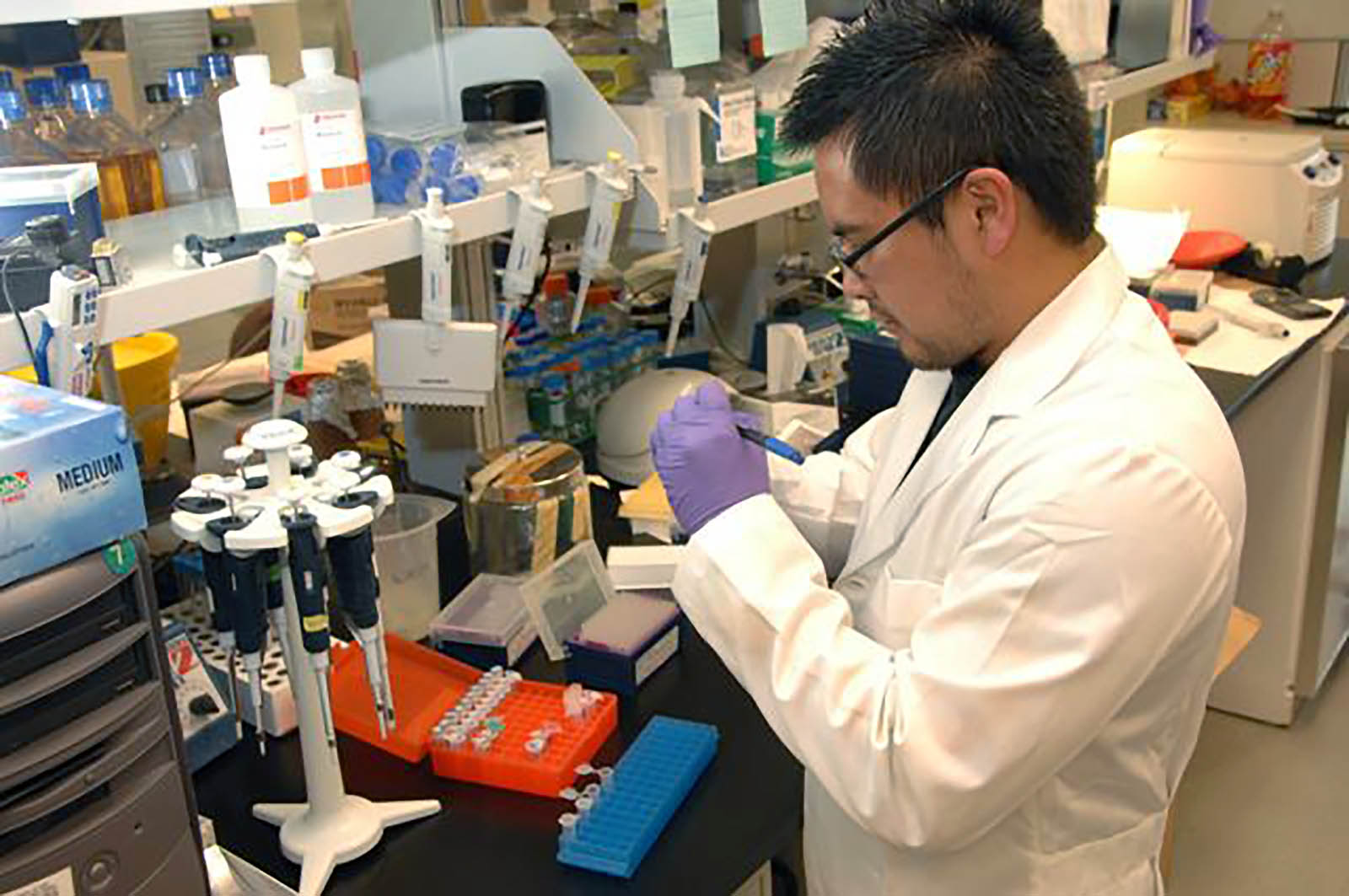The technology required a number of different research strands to come together. These included chemistry, physics, biology, and engineering.
Researchers at McGill University have created a new ‘biomaterial’ that is tough enough to repair the heart, muscles, and vocal cords. The material stands to representing a significant advance in regenerative medicine.
Regenerative medicine is concerned with techniques that can either regrow, repair or replace damaged or diseased cells, organs or tissues. Much of the technology is reliant upon therapeutic stem cells, tissue engineering and the production of artificial organs. Several stem cell-based approaches are under development in laboratories globally, and while progress has been sometimes slow, many solutions are at the clinical trial stage.
With the new innovation, one of the researchers, Guangyu Bao explains why such technology promises so much: “People recovering from heart damage often face a long and tricky journey. Healing is challenging because of the constant movement tissues must withstand as the heart beats. The same is true for vocal cords. Until now there was no injectable material strong enough for the job.”
The new material is in the form of an injectable hydrogel and it is designed for wound repair. The biomaterial provides a structure for cells to live and grow. The idea is that as the hydrogel is injected into the body, the biomaterial will form a stable, porous structure. Once developed and stabilized within the body, this will allow live cells to grow or pass through to repair the injured organs.
It is hoped the hydrogel will be first used as an implant to restore the voice of people with damaged vocal cords, for example laryngeal cancer survivors.
Experiments are underway to assess the durability of the hydrogel using a special machine that simulates the extreme biomechanics of human vocal cords. The machine vibrates at 120 times a second and it has been running for over 6 million cycles. The tests show that the new biomaterial has remained intact, and it can deal with the stress of the load.
The tests in action are shown in a video (accessible via this link).
As well as being very tough, the hydrogel possesses high porosity, based on a specially developed pore-forming polymer.
The hydrogel also has potential for areas like drug delivery, tissue engineering, and the creation of model tissues for drug screening.
The developed appears in the journal Advanced Science, titled “Injectable, Pore‐Forming, Perfusable Double‐Network Hydrogels Resilient to Extreme Biomechanical Stimulations”.














